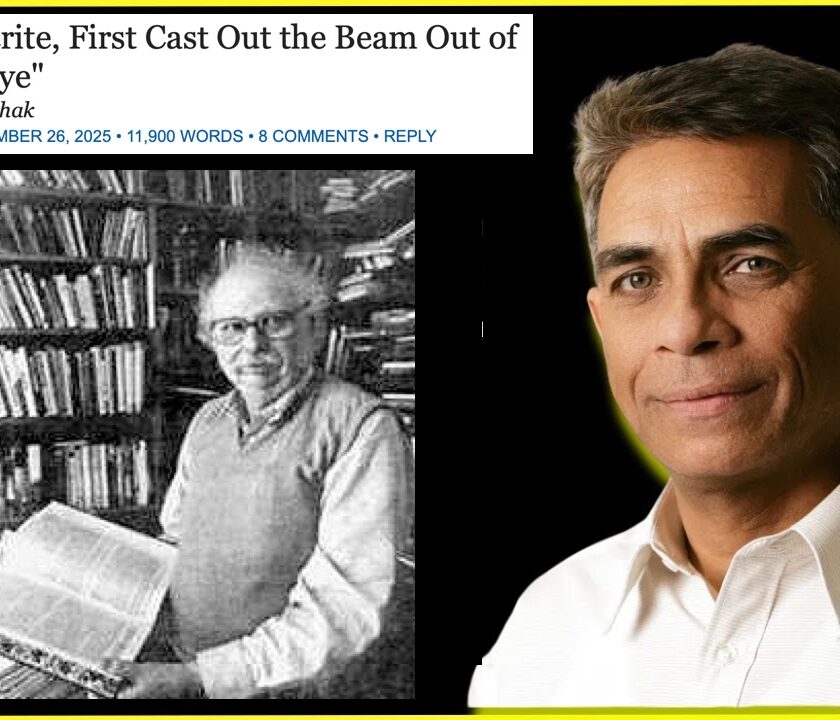A note from Charles Upton
Dear Friends:
Here below is the link to a video I made about the Second Edition of The Way Forward for Perennialism, After the Antinomianism of Frithjof Schuon, to help you decide if you’d like to buy the book. In that work I present both the positive and negative aspects of Perennialism, and the luminous but also the darker sides of Schuon’s doctrines, and do my best to show how some form of Perennialism is necessary to make sense of today’s religious pluralism.
Kevin Barrett invites Blake Archer Williams to join the discussion:
KB: This just came in from Charles Upton, and it occured to me that it might be interesting to hear your take on his take on antinomianism etc. So let me know if you want to do a podcast on that.
BAW: The issue of antinomianism is a extremely important one, and is central to my own research efforts. Thanks for extending the offer to talk about it. I will probably take you up on it sometime in the next month or maybe more. I am working on an outline that distills the 1700+ pages of the novel around this issue, which I frame as the tension in the spectrum between community rights and individual rights. It can also be framed as the spectrum between objective and subjective epistemologies/ metaphysics, and inter-subjective realities/ communities. In any case, something has to put an end to this millenarianist madness (Jewish, Christian, and Islamic) and Nietzsche’s false third option of the Will to Power.
Just to elaborate a little. I am interested in the ontological origins of laws (or nomos in latin) that are held to have universal and eternal efficacy and hence applicability. The antinominalists have never been able to dig into this root, and hence have been unsuccessful in their various expressions. I suspect Upton is no exception. But anyway, this is the main theme that runs through that unfinished novel of mine. I am working on an outline to be able to express the crux of the issue coherently and cogently before too long.
KB: Glad to hear you are making serious progress on the antinomianism/novel projects!
The question of universal laws reminds me of Mu’tazalites vs. Asharites arguing whether God is obliged to be just, rational, etc. (by our standards of justice and reason?) As I recall Nadeem Haque is a sort of neo-Mu’tazalite who thinks Muslims stopped pursuing rational inquiry as hard as they should have due to the (antinomian) Asharites prevailing. Pope Benedict echoed that critique when he said something like “the Muslims don’t have logos.” But seems to me that the logical consistency sometimes associated with left-brain activity is both (a) responsible for the hypertrophy of technology we’re witnessing, and (b) overrated. We could use less of that and more intuition/revelation. Not sure whether that makes me an antinomian… Anyway, as AI outcompetes humans in games of logical consistency, the human gift for intuition/revelation in general, and mysticism in particular, will become more important.
Regarding millenarianism, it seems to me the Jews and secularists (and their useful idiots) are pushing for a tech-driven Will to Power millennium, while the (real) Christians and Muslims are resisting by putting spirituality and morality ahead of worldly concerns.
Looking forward to doing a podcast once your outline is ready!
BAW:There’s a lot there, Kevin (in your response), and I agree with you overall. But I know you are always very busy so I won’t take up too much of your time, and will, rather, leave it to a face to face discussion that will hopefully generate views for you. Heidegger would agree with you on the West’s over-emphasis on Logos, of course. And I do too. Its tacit presumption is stasis: a static ontology. Hence: Sunni (and post-occultation sunnified Shia Islam too, alas) position that revelation and law are non-context-bound, and hence universal and eternal. But the contextualization of revelation was Shia Islam’s greatest insight (recognizing that it was revealed in a certain spatio-temporal milieu), necessitating ta’wil (from the jadhr aw-wa-la: taking back to the initial context and شعن نزول) once those original conditions have changed, and that tafsir is not sufficient. Hence the Shia insistence on the necessity for al-Quran al-Natiq (the Imams), and not just al-Quran al-Samit… In other words, reality is dynamic, not static; a reel not a snapshot. I could go on and on… And yes, I think the Asharite turn was utterly disastrous. God’s inscrutability and the Asharite sense of “justice” (and reason’s inability to grasp it) lends credence to the Catholic critique. But they are not aware of the Shi’a tradition (or the Sufi traditions, for that matter), and hence are guilty of reductionism to that major error and anti-rationalist false turn. Sorry; I went against my initial intention to keep it brief…[Stay tuned for the podcast.]






